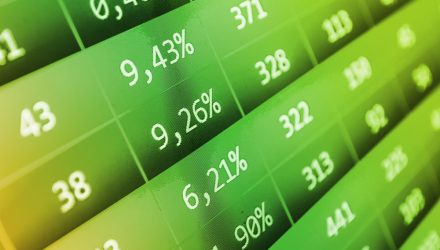When it comes to sustainability, money managers have vastly different takes on how to view ESG investments.
For example, BlackRock believes companies that respect the climate ought to be more expensive but aren’t, so there is an opportunity for bargain hunters to get in before valuations rise, James Mackintosh writes for the Wall Street Journal.
On the other hand, DWS views companies with positive environmental, social, and governance characteristics as already expensive after the recent run-up, but they will continue to be a good play since many will have more cash flow for buybacks.
Meanwhile, Amundi, Europe’s biggest money manager, argues that ESG-positive stocks are both more expensive, but also deserve to be more expensive still.
The contradictory and widely varied views may be partially attributed to the broad and loose definition of what is sustainable, or ‘what counts’ as ESG criteria. Additionally, it may be partially because all of these views are based on future potential, which may not necessarily play out in reality.
ESG-related investments have soared over the past year after underperforming for years. While prices have pulled back this year, clean-energy growth may continue to find support from shifting government initiatives to combat the threats of climate change.
Francesco Curto, global head of research at DWS, argued that sustainable stocks will maintain their elevated valuations as they are more expensive for a reason, noting that companies with attractive ESG characteristics address risks that might cause trouble for rivals in the future. In other words, they are better at managing these future risks. Curto also believes that ESG-friendly companies will be able to sustain higher buybacks, which would further produce better returns.
Kasper Elmgreen, head of equities at Amundi, believes that when compared to similar companies, higher-rated ESG companies tend to have higher valuations.
“This is something where some repricing has happened and we think there’s further to go,” Elmgreen told the WSJ.
When comparing the stocks more broadly, low-carbon stocks appear to be not much more expensive than the broader market, according to BlackRock. Specifically, the MSCI World Low Carbon leaders index showed a forward price-to-earnings ratio of 19.9 at the end of January, slightly below the benchmark index’s 20.3.
“It’s not something we expect to see in the price over the course of a few months,” Jean Boivin, head of the BlackRock Investment Institute, told the WSJ. “The broader longer-term theme is just beginning.”
For more news, information, and strategy, visit the ESG Channel.

